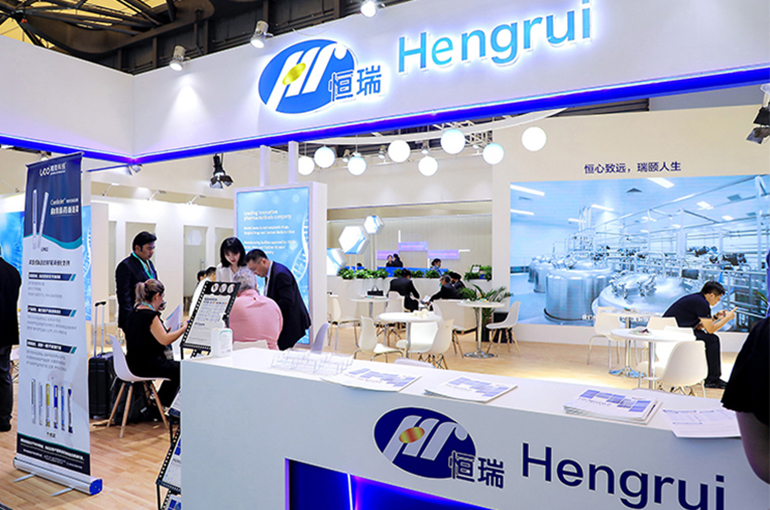 China’s Hengrui Rises After Granting Merck Heart Drug Rights in Up to USD2 Billion Deal
China’s Hengrui Rises After Granting Merck Heart Drug Rights in Up to USD2 Billion Deal(Yicai) March 26 -- Shares of Hengrui Pharmaceuticals rose after the Chinese drugmaker granted Merck the exclusive global rights outside of China to an experimental heart drug in a deal worth as much as USD2 billion.
Hengrui [SHA: 600276] closed 3 percent higher at CNY46.23 (USD6.36) a share in Shanghai today, after earlier climbing by as much as 4.6 percent.
Under the agreement, Merck will make an upfront payment of USD200 million for HRS-5346, an oral small molecule Lipoprotein(a) inhibitor now in phase II clinical trials in China, Hengrui announced yesterday. Merck will also make milestone payments of up to USD1.8 billion tied to development, regulatory, and commercial targets, as well as sales royalties.
By collaborating with leading global partners such as Merck, which is known as Merck Sharp & Dohme outside of the United States, Jiangsu province-based Hengrui aims to maximize product value, join the worldwide drug innovation network, and deliver its cutting-edge drugs to patients everywhere, it pointed out.
The Merck deal will broaden HRS-5346's global reach, offering patients top-tier treatments while enhancing Hengrui's innovation profile and overseas growth, the firm said, highlighting its blend of in-house research and development and strategic alliances, which speeds up the conversion of research into market-ready therapies.
Founded in 1970, Hengrui has commercialized 19 new molecular entity drugs and four other innovative drugs across the oncology, cardiovascular, and other fields in China. It has 14 R&D centers with 5,500 professionals.
"We are pleased to partner with MSD, a global leader in cardiovascular care," said Dr. Frank Jiang, Hengrui’s executive vice president and chief strategy officer. "We believe MSD's clinical expertise and global scale will help accelerate the development of HRS-5346 and potentially provide more patients with an additional option to reduce their risk of atherosclerosis.”
Lipoprotein(a), the target of HRS-5346, plays a crucial role in cardiovascular health. According to Hengrui, it is a type of lipoprotein produced in the liver that transports cholesterol, fats, and proteins through the bloodstream.
Similar to LDL cholesterol, Lp(a) can build up in blood vessel walls, leading to the formation of atherosclerotic plaques, Hengrui said, adding that this buildup restricts blood flow to essential organs and increases the risk of heart attacks, strokes, and other cardiovascular diseases.
Affecting about 1.4 billion people globally, elevated Lp(a) is a genetically determined condition and an independent risk factor for cardiovascular disease, the company said.
Pending approval under the Hart-Scott-Rodino Antitrust Improvements Act and other standard conditions, the deal is slated to close next quarter. Merck anticipates a USD200 million pre-tax charge, or about 6 US cents per share, to be reflected in generally accepted accounting principles and non-GAAP financial results that quarter.
Editor: Martin Kadiev